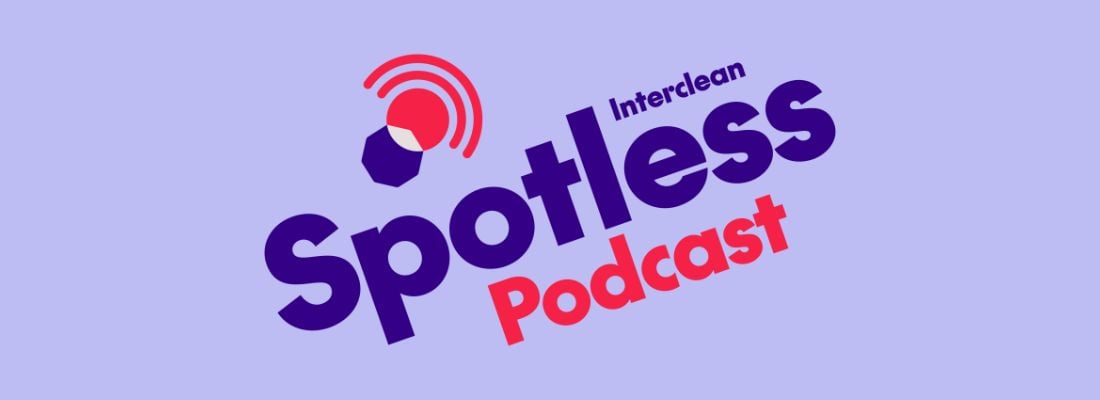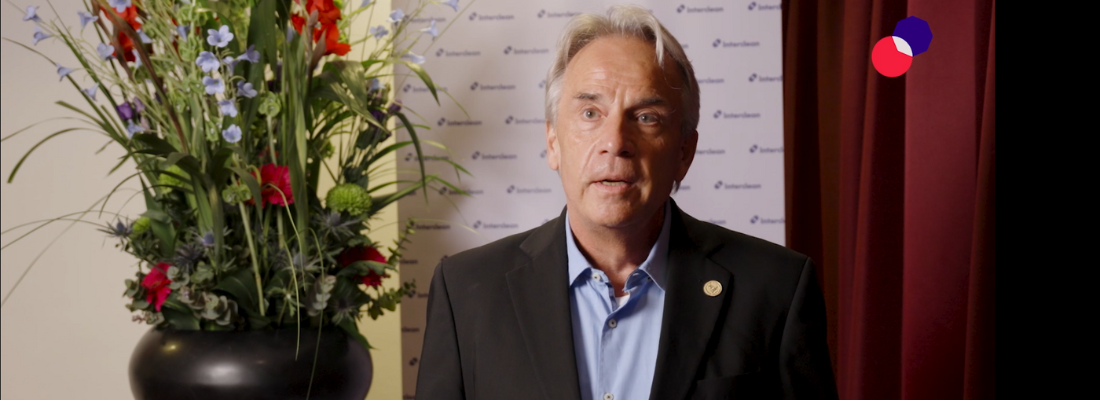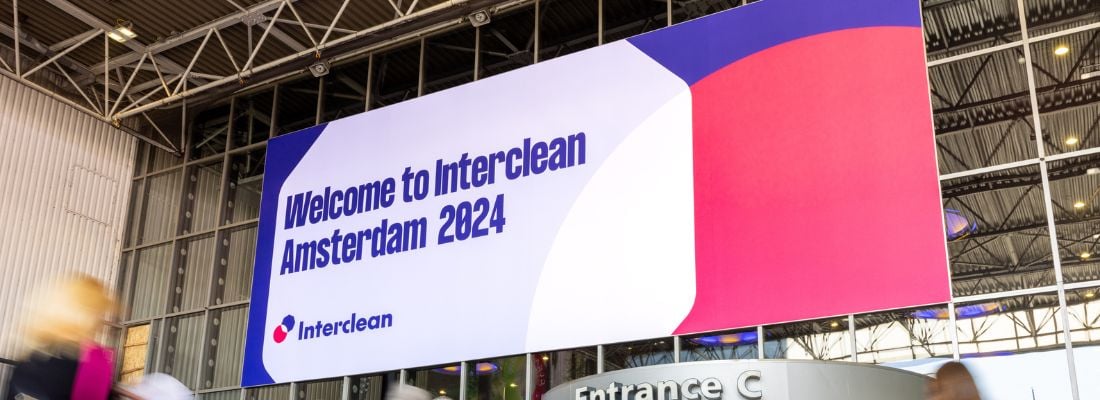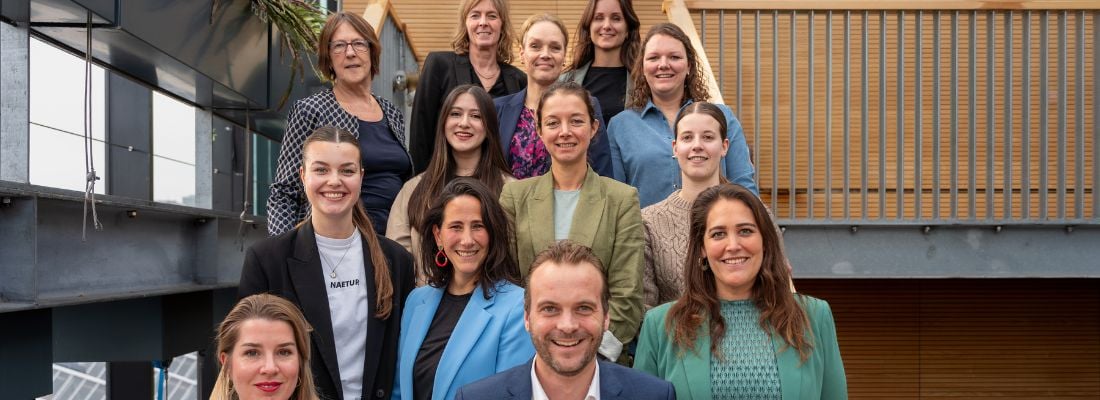Sustainable Waste Management
Waste management is an increasing problem worldwide, the big question is how do we efficiently manage waste disposal whilst also helping the environment? Sustainable waste management can be done, but it has to be efficient in order to cope with and process the huge amounts of waste generated every day around the world.
However, with the environment high on the agenda and the recent COP 26 highlighting the need to accelerate measures to help the planet, it is imperative that the sustainable disposal of waste is made a key concern. New solutions and ideas must be found, as well as the ones already being explored, to ensure environmental waste management is both efficient and sustainable.
To achieve more sustainable waste management, organizations need to take a different approach to materials recycling. By introducing waste management procedures that support closed-loop recycling, the process by which waste is collected and recycled into something new, waste can be turned into new products. Businesses can reduce environmental impacts as well as achieve cost savings by taking this approach.
Improved waste management is also made possible if companies simply reduce unnecessary amounts of packaging and increasing the amount of sustainable packaging, that their customers can then go on to recycle. Packaging generates a lot of waste, if we think about how food is packaged for example, it is often contained in several different types of plastic as well as cardboard. Elements of this packaging often seem unnecessary and wasteful.
There are companies out there who are reducing excessive amounts of plastic in their packaging by using other more sustainable materials like paper or cardboard, as well as devising ingenious ways to pack their goods that involve using less packaging altogether. These approaches are important to environmentally conscious organisations, as reducing waste and unnecessary packaging is vital for companies moving towards a circular economy business model.
Waste produced by industrial processes is also a big environmental headache for companies. Inefficient industrial waste management can lead to financial losses and is a major cause of environmental pollution. Rather than dumping this waste in landfill sites, industrial composting systems are now being more commonly used. This is a big step forward in reducing the pollution of the natural environment.
In our cities waste disposal is a big undertaking. Commonly people’s rubbish is taken away by waste disposal services and separated into recyclable and non-recyclable waste. This differentiation into what types of waste can and cannot be reused has begun to help the environment in recent decades, as it allows plastics and other materials to be recycled. This means that less rubbish goes into landfill or needs to be incinerated.
In terms of sustainable waste management within the urban environment, apart from trash collections, city cleaning machines also help to keep our streets and communal areas clean. Waste that is generated by the public in an urban environment needs to be regularly cleared for public health reasons, as well as aesthetic reasons. City cleaning machines can do a wide variety of jobs from picking up waste to hosing down the streets.
City cleaning machines were once commonly used by operatives during the daytime, but with robotic cleaning machines becoming more advanced, automated cleaning machines can work at night. This saves on time and labour costs when compared with daytime cleaning and allows cleaning in a busy urban metropolis to be done more easily, when there are less people around.
With such a mounting waste problem worldwide, the good news is there are several global initiatives that have been set up to tackle the problem and come up with new ideas for efficient waste management as we progress further into the 21st century. These ideas must be adopted more widely and rapidly in order to help tackle climate change.
The ISO 14001 Environmental Management System is the most widely recognized standard for environmental management. Companies set their own environmental objectives and develop sustainable processes to achieve these objectives. The environmental management framework provided by ISO 14001 can be used by businesses to help minimize waste and move towards closed-loop recycling.
Another widely recognized accreditation is the EarthCheck Certification. EarthCheck Certified is the world’s leading environmental certification and benchmarking program for the travel and tourism industry. Begun in 1987, EarthCheck uses a science-based approach to help travel and tourism organisations increase efficiencies and minimise their environmental footprint.
So, it seems that sustainability and efficient waste management are certainly high on the global agenda. With the Cop 26 aim of ‘uniting the world to tackle climate change’, we must see waste pollution as a significant contribution to this rapidly increasing climate change and therefore continue the journey towards efficient and sustainable waste disposal.
Interclean Amsterdam is the world’s most advanced cleaning and hygiene trade show. It brings together under one roof all the latest innovations in the cleaning sector, including the latest waste management technologies and innovations. The next Interclean show will be held in May 2022, to find out more and book your place visit www.intercleanshow.com/amsterdam.
Receive the best newsletter on cleaning & hygiene - straight to your inbox!
We promise never to send you spam and you can unsubscribe at any time!







